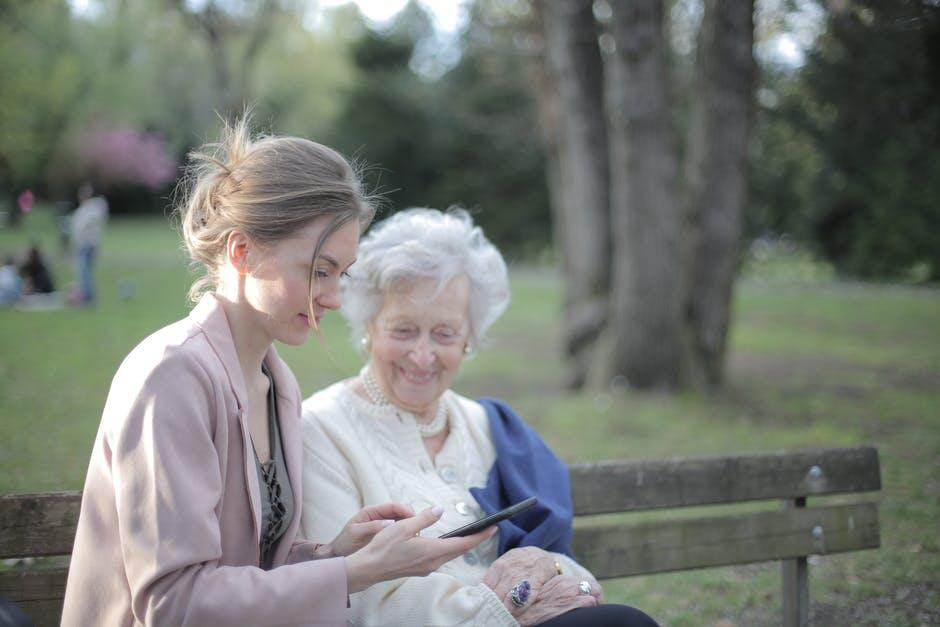Have you ever felt that caring for older adults can sometimes be both rewarding and overwhelming? Many caregivers experience this mix of emotions each day. The constant attention, physical effort, and emotional care can take a toll on well-being.
When stress builds up, it can affect not only the caregiver but also the seniors they support. In this guide, you will learn simple and effective stress management strategies for elderly care settings that help restore calm, boost communication, and create a more peaceful caregiving environment.
Building Calm Through Mindfulness
Mindfulness helps caregivers stay present and manage stressful moments better. It involves paying attention to what is happening now instead of worrying about what comes next.
Short breaks during the day can refresh focus. Even a five-minute pause to stretch, breathe, or listen to soothing music can make a big difference. Mindfulness also teaches patience, which is important when caring for seniors who may move or respond slowly.
The Power Of A Predictable Routine
Routines bring comfort and stability to elderly care. When daily activities follow a clear pattern, both seniors and caregivers feel more in control. A consistent schedule for meals, medication, and rest reduces confusion and lowers stress.
Predictability also allows caregivers to plan their time better, giving space for rest and personal needs. Seniors often feel safer when they know what comes next, which helps avoid tension and emotional strain. Over time, these small moments of structure build a calm rhythm that benefits everyone in the care setting.
The Role Of Supportive Communication
Caring for seniors often involves listening more than talking. Supportive communication means speaking gently, showing empathy, and using kind facial expressions.
A soft voice and patient manner can comfort seniors, especially those with memory issues. When caregivers express understanding and appreciation, it builds trust. Open communication also reduces mistakes and misunderstandings.
By sharing feelings with co-workers or family members, caregivers can prevent emotional exhaustion. Good communication strengthens relationships, which makes caregiving smoother and more meaningful for both sides.
Recognizing And Managing Stress-Related Symptoms
Sometimes stress shows itself in physical ways. Tension headaches, fatigue, and sleep problems are common signs. Caregivers may also notice that stress affects their focus or mood.
Learning to recognize these symptoms early helps prevent burnout. In some seniors, high levels of stress may cause health issues like stress-related vertigo in seniors, where dizziness occurs due to emotional or physical strain.
Understanding these signs allows caregivers to respond with patience and proper care instead of frustration. Taking time to rest, drink water, and maintain healthy eating habits supports long-term well-being.
The Importance Of Emotional Support Networks
No one should handle caregiving challenges alone. Emotional support networks are vital for caregivers’ mental health. Talking with friends, joining caregiver groups, or reaching out to professionals can ease emotional pressure.
Sharing stories and experiences reminds caregivers that they are not alone in their struggles. Community support can also open opportunities for learning and relaxation, such as wellness workshops or group exercises. Maintaining emotional balance through connection helps caregivers remain kind, patient, and resilient.
Rediscover Peace In Caregiving
Caring for seniors is a journey filled with both challenges and deep rewards. By using mindfulness, structure, and clear communication, caregivers can transform stressful days into calmer ones. These strategies not only protect mental health but also enhance the care experience for seniors.
Learn how to build strength through awareness, connection, and routine to create a peaceful care environment. Did this guide help you? Browse the rest of this section for more advice on a variety of topics.






